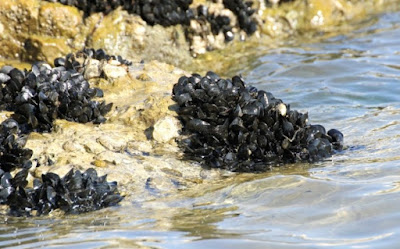Of late there has been a lot of attention given to global warming and its’ affects on one of the world’s greatest nature assets, the Great Barrier Reef. In addition to global warming and the impact of bleaching, scientist have determined that ocean acidification is also a major factor in the stifling the growth of coral and impacting the ecosystem. “The mixed effects of ocean warming and acidification, as well as other human-induced and natural stressors, pose serious threats to the ecosystems we know today.”
http://theconversation.com/ocean-acidification-is-already-harming-the-great-barrier-reefs-growth-55226
Image Source: sciencedaily.com
So what is acidification? Simplified it is the chemical reaction when carbon dioxide is absorbed by seawater. Its effect is the reduction in the acidity levels in the ocean resulting in the devastating and seemingly undoable damage to the overall structure of marine ecosystems
http://www.pmel.noaa.gov/co2/story/What+is+Ocean+Acidification%3F
Image Source: telegraph.co.uk
A group of dedicated researchers together with colleagues from the Carnegie Institute for Science conducted and published a new study:
http://theconversation.com/ocean-acidification-is-already-harming-the-great-barrier-reefs-growth-55226
which shows the first ever experiment on seawater chemistry in the nature setting of a coral reef.
This is particularly concerning in light of the major coral bleaching events observed globally over the past few years amid prolonged high sea surface temperatures.
Of significance, their research confirms that an increase in alkalinity in and around isolated and shallow areas does have a beneficial impact. However the challenge will be to understand what can be done in a much larger scale and with permanent effect.
Lisa Dudzik is from Perth, Western Australia, and is an advocate of nature and animal preservation. For more related articles, visit this blog.

